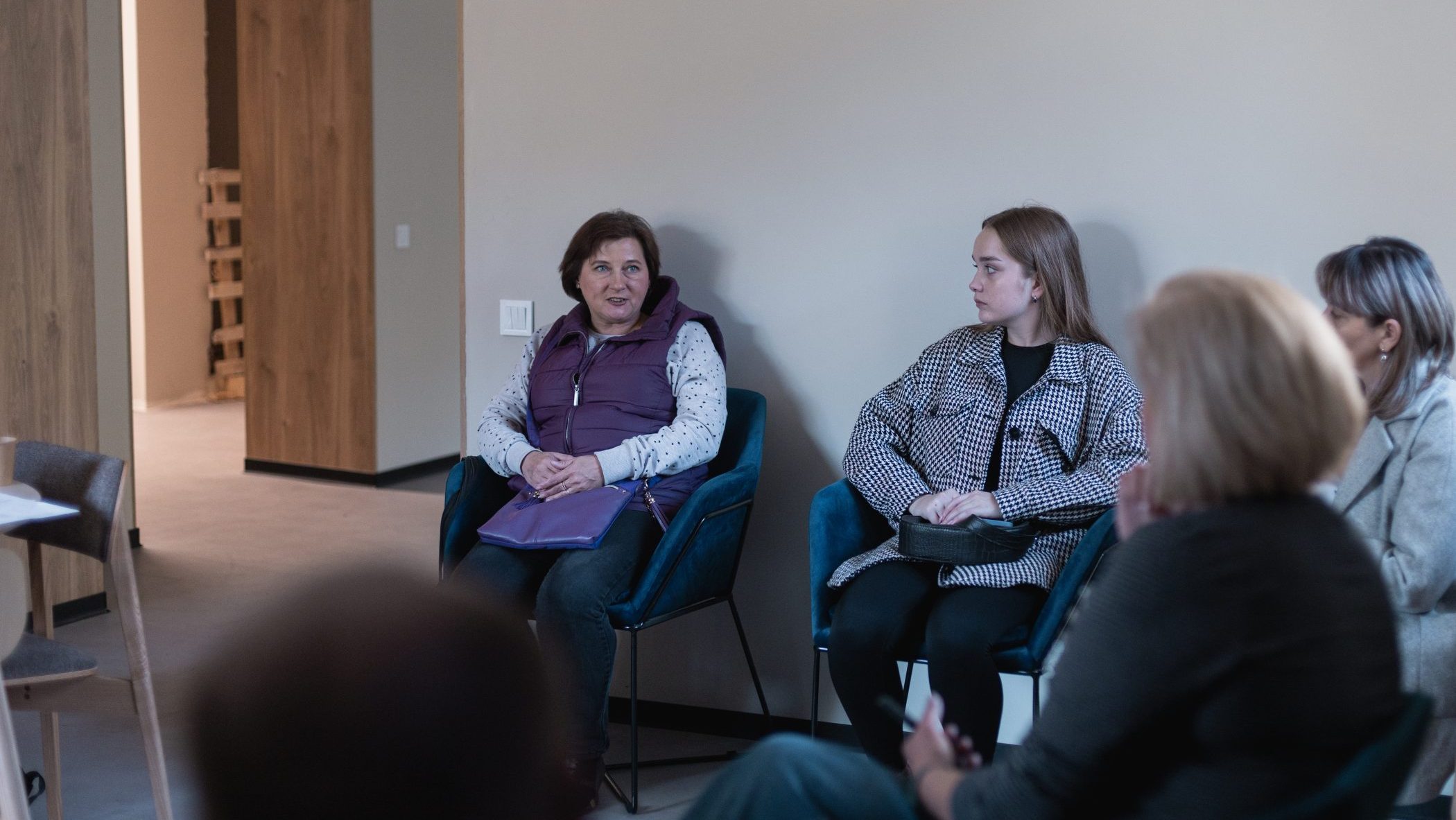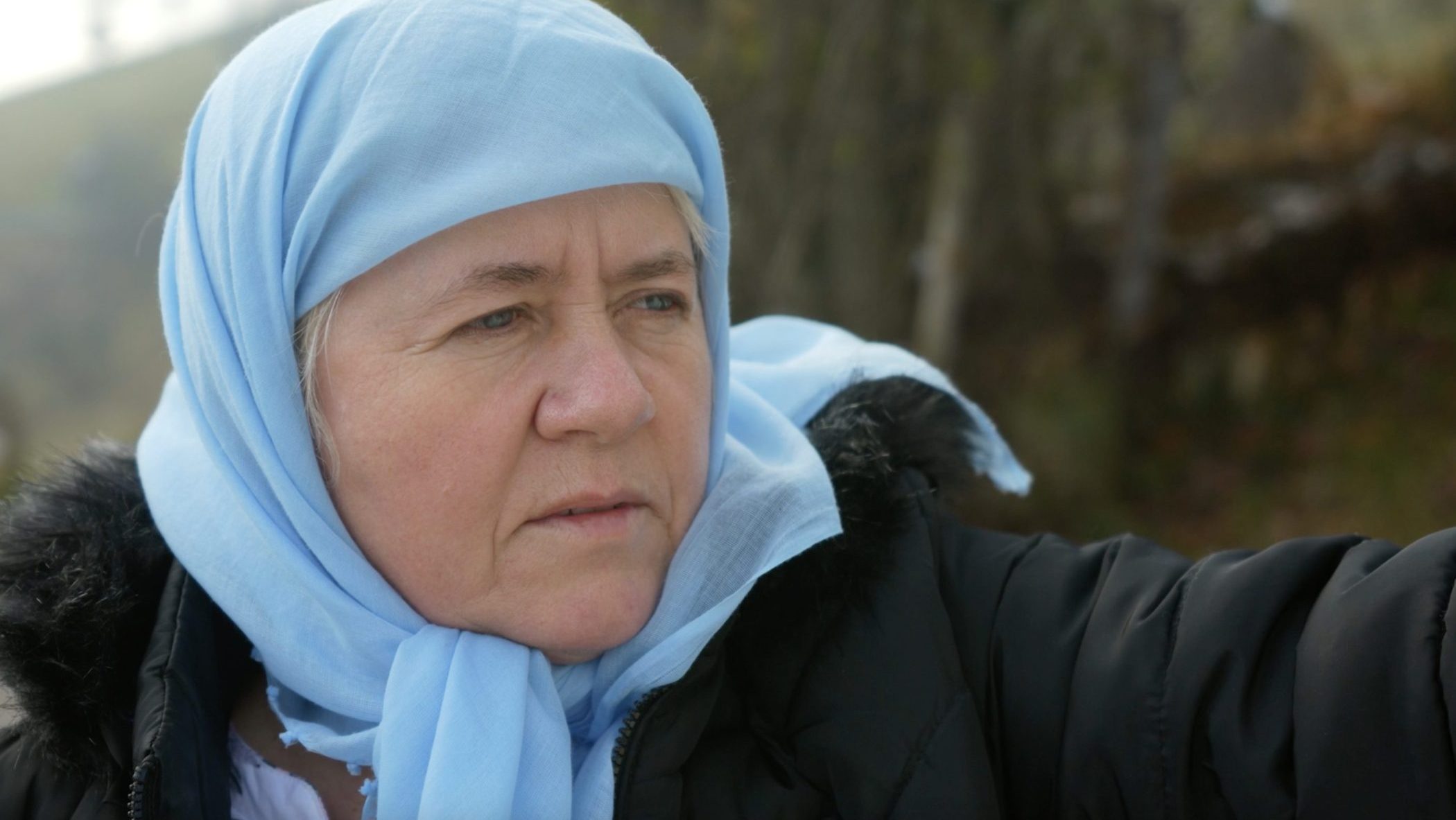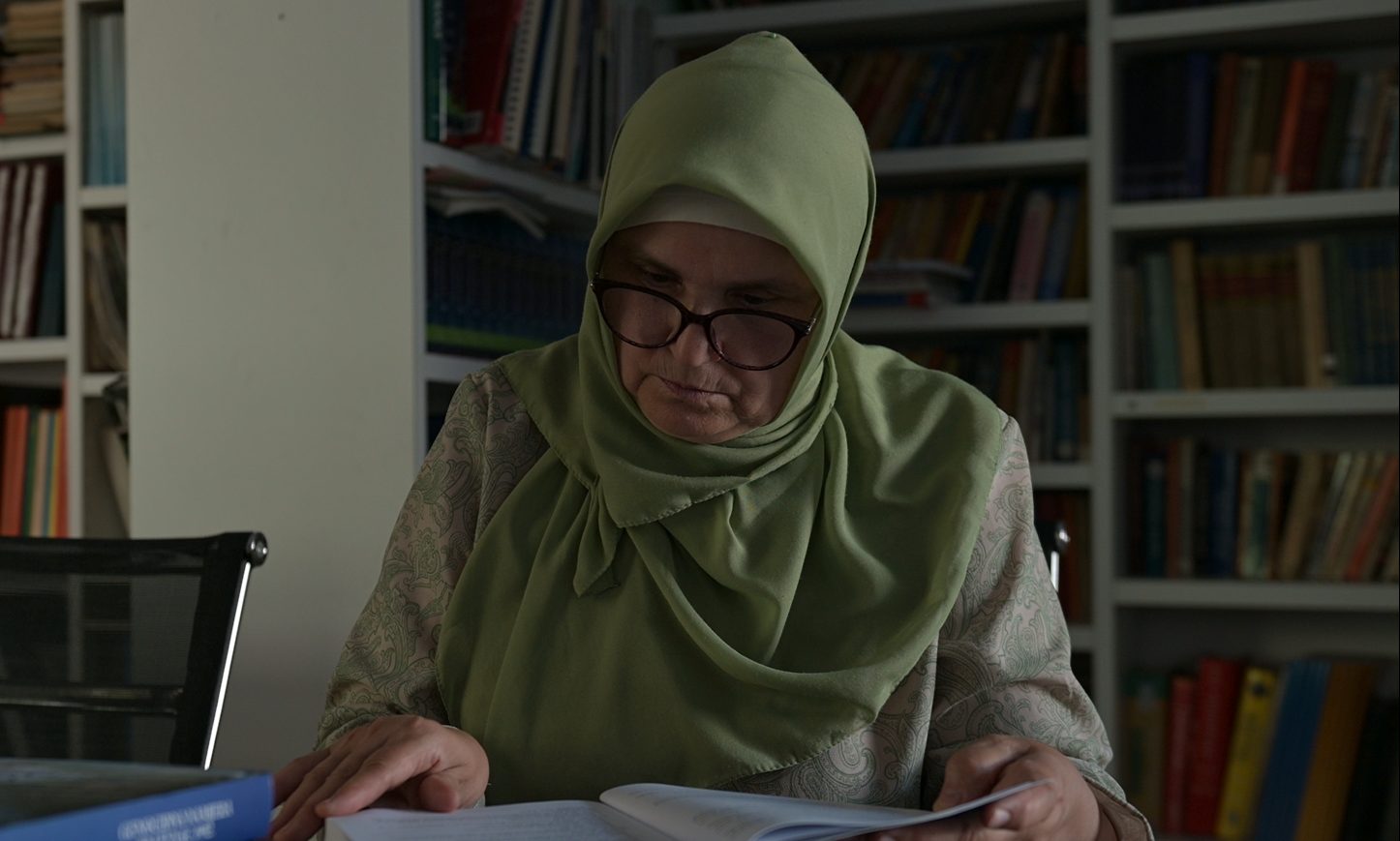This post is also available in: Bosnian
Like thousands of others in Ukraine, Viktoriia, the wife of a soldier of the 24th Mechanized Brigade of the Ukrainian Ground Forces, is learning complex procedures of searching for missing persons in war from scratch: where and how often to apply, and what specific requests to submit. These actions have become rituals that sustain them.
“Not a day goes by when we don’t do something to find our loved ones,” she says.
In nearly three years of Russia’s full-scale war against Ukraine, at least 55,000 Ukrainians missing, most of them military personnel. While a broad range of government agencies are searching for missing soldiers, Ukraine has developed an informal network of initiatives by local authorities, volunteers, and families who are making daily efforts to collect information about their loved ones. Testimonies of brothers-in-arms, the last known location of a cell phone, or videos from Russian captivity—every smallest detail could bring them closer to answers.
The 24th King Danylo Brigade, based in Lviv Oblast, comprises defenders from Ukraine’s western regions. This summer, some of its units were redeployed to one of the war’s hottest spots, Chasiv Yar in Donetsk Oblast. During that time, at least 54 soldiers lost contact with their loved ones.
In late August, their relatives came together at the “Free All” peaceful action. By October, they had organized a meeting with the Coordination Headquarters for the Treatment of Prisoners of War, seeking answers to the question that dominates their lives: “Is there any news about my loved one?”
Following the meeting with state authorities, the families gathered at the Lviv Center for Support of Families of Prisoners of War and Missing Persons. They speak the same language of shared grief and determination, and you wouldn’t guess this was only their second time meeting.
Searching for a Trace
Missing Soldiers Families. Photo: BIRN
Stabilisation points at the frontline and hospitals are the first places families search for their missing loved ones. Khrystyna, the wife of a soldier from the 24th Brigade, recounted how an acquaintance found her husband in a hospital after two months of — thanks to a DNA match. Inspired, she decided to travel to the eastern part of Ukraine, closer to the fighting.
“I visited , traveling from Kharkiv, returning through Chuhuiv, Sloviansk, Druzhkivka…” Khrystyna shares with the group. “Do you have combatant status now?” another member of the group jokes, prompting laughter.
“At one point, I was told about several unidentified men in serious condition, without documents. So, I began visiting hospitals in Dnipro,” Khrystyna continues. Although she hasn’t been able to find her husband, she is not giving up.
“Based on the informed consent of these families, we’re helping the national police by providing this data, to help them find DNA matches”, the head of the organisation explains.
Relatives vigilantly monitor Russian Telegram channels and other social media, where Russians post photos and videos of captured Ukrainian soldiers. One woman in the group, Svitlana, recognised her husband in a video posted by Russians on TikTok. Even this grim confirmation is seen as a relief: families fear most that their loved ones will return not in person, but in a coffin.
After the last two repatriations of fallen Ukrainian soldiers, 501 and then 536 bodies, the community of families has begun processing the records of the unidentified dead.
“We write down distinguishing features like tattoos. It is tough psychologically reading about lost limbs, broken jaws, burned skin, and realising it could be your loved one”, says a representative of the community of families of the 24th Brigade.
Relatives are painstakingly reviewing records from morgue to morgue, ten to 15 personal profiles at a time.
“At the end of the day, we congratulate each other on not finding anyone of our own,” representatives of the community said.
Data is key to resolving the issue of missing persons
Missing Soldiers Families. Photo: BIRN
With extensive experience of over 20 years in the Balkans where he was searching for the missing, Matthew Holliday, program director for the European program at the International Commission on Missing Persons (ICMP), sees something new in Ukraine.
“It’s unique and unprecedented that Ukrainian authorities have launched missing persons investigations during wartime. This creates a host of additional challenges,” says Holliday.
One of the difficulties he highlights is that the families of some missing persons are unavailable to the state because they have , making it to collect DNA samples. A special protocol signed at the end of the summer with the National Police has allowed ICMP experts to gather information from Ukrainians abroad.
Since the start of the full-scale war in 2022, they have collected 2,000 from Ukrainian families. The ICMP has also conducted campaigns in Poland and Germany, collecting that are now being . Once the samples are profiled, the organisation will share the data with Ukraine’s National Police to facilitate identifications.
“Data is key to resolving the issue of missing persons. ICMP has developed its own in-house integrated , which we are offering to Ukraine and its various institutions for their use,” explains Holliday.
ICMP works closely with families, guiding them through the process of knowing and gaining their rights, advocating for their needs, and lobbying the government to fulfill its obligations to investigate these cases.
Today, the community of families of missing soldiers from the 24th Brigade has grown to 85 members. For two of these families, that hope has already been paid off: their loved ones were found alive in Russian captivity.
“The same pain and hope unite us. We live in uncertainty but with a glimmer of hope. Everyone holds onto the belief that a miracle will happen for their loved one,” says Viktoriia.






